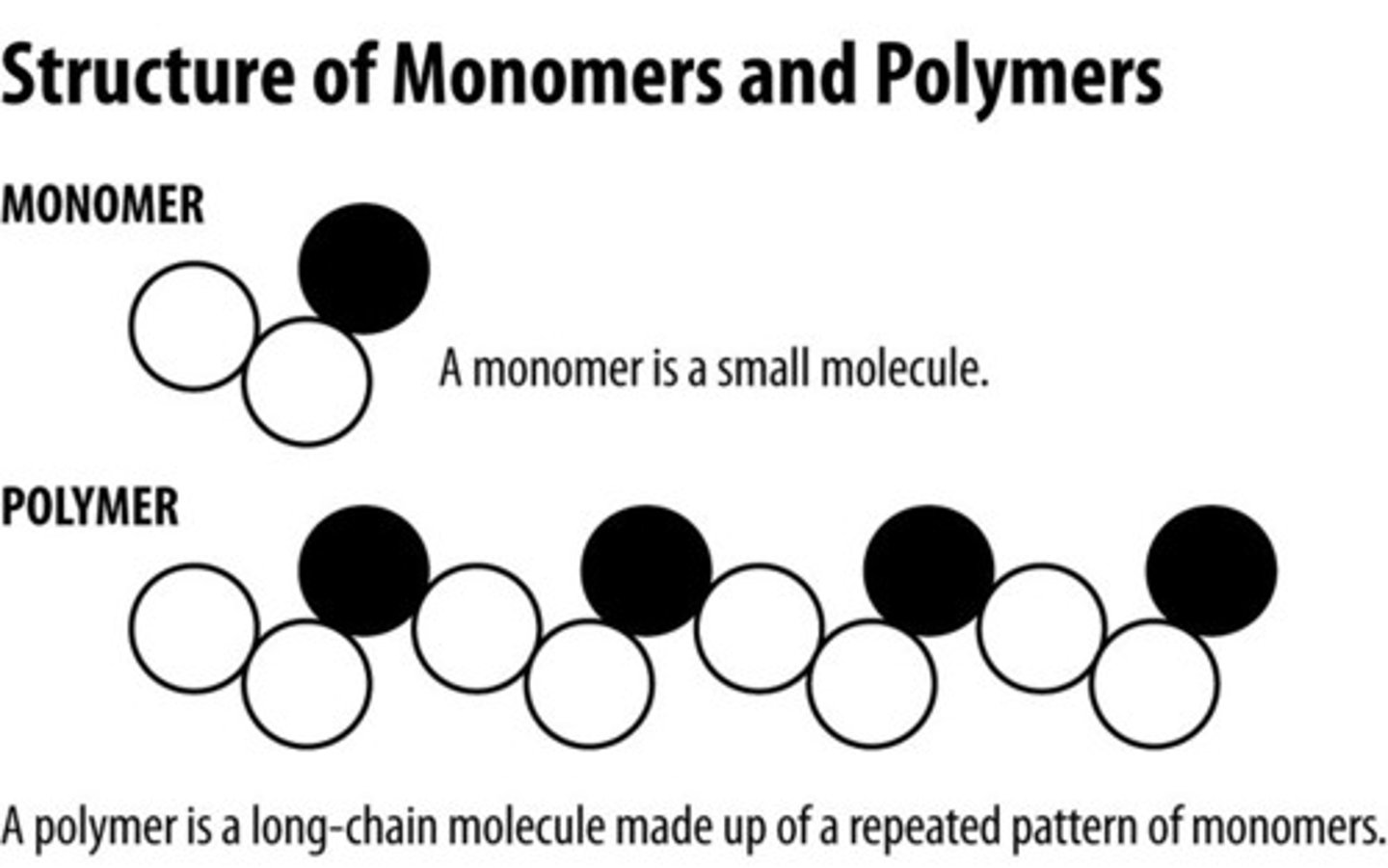Biological molecules
1/15
Earn XP
Description and Tags
Name | Mastery | Learn | Test | Matching | Spaced |
|---|
No study sessions yet.
16 Terms
Metabolism
The sum of all the reactions in a cell or the body
Metabolism includes
The synthesis of new molecules, the breakdown of existing molecules and the process of respiration
Conversion of glucose to complex carbohydrates
Glucose can be converted into starch, glycogen and cellulose
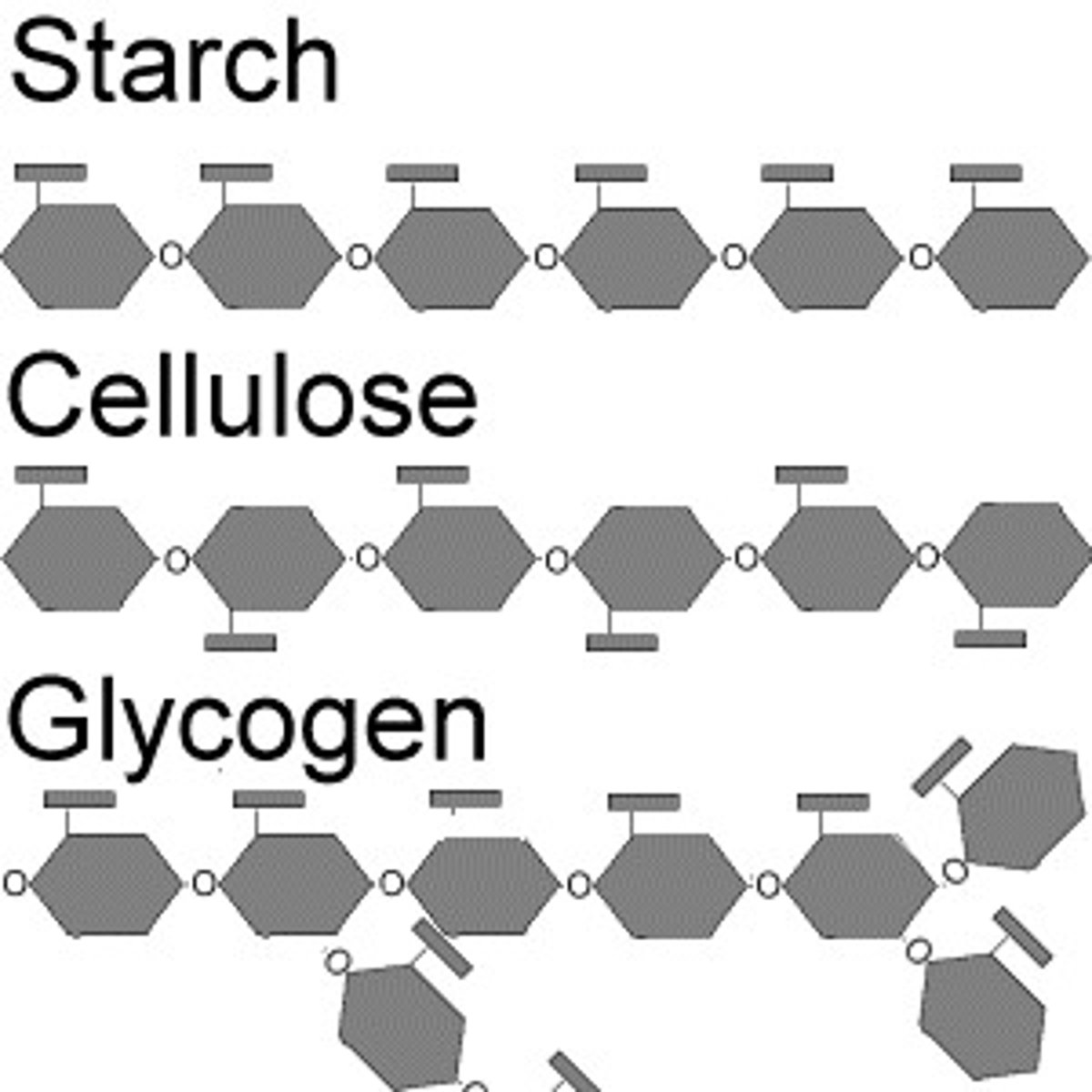
Formation of lipid molecules
One molecule of glycerol joins with three fatty acids
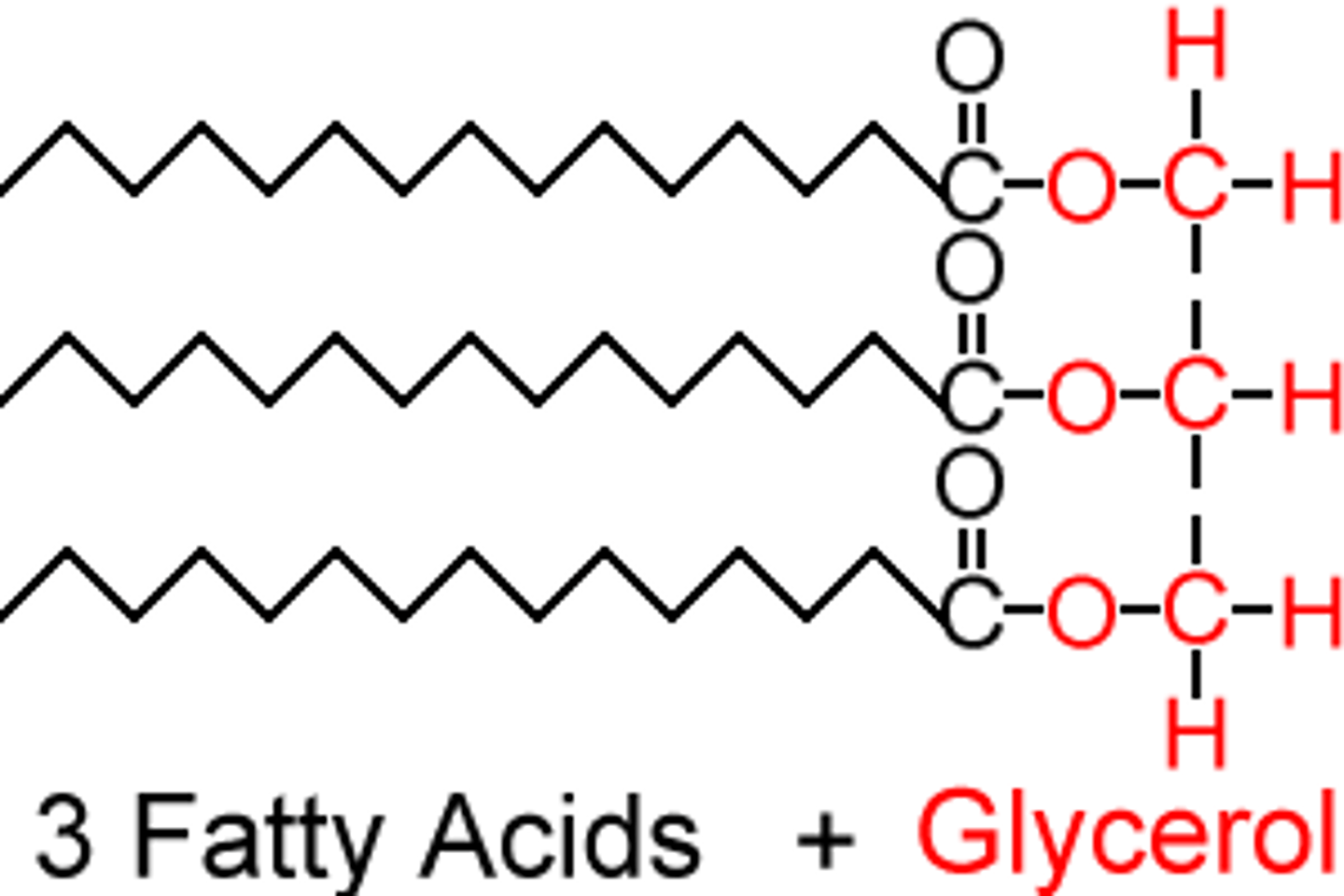
Protein synthesis
Amino acids join together in specific arrangements to form proteins
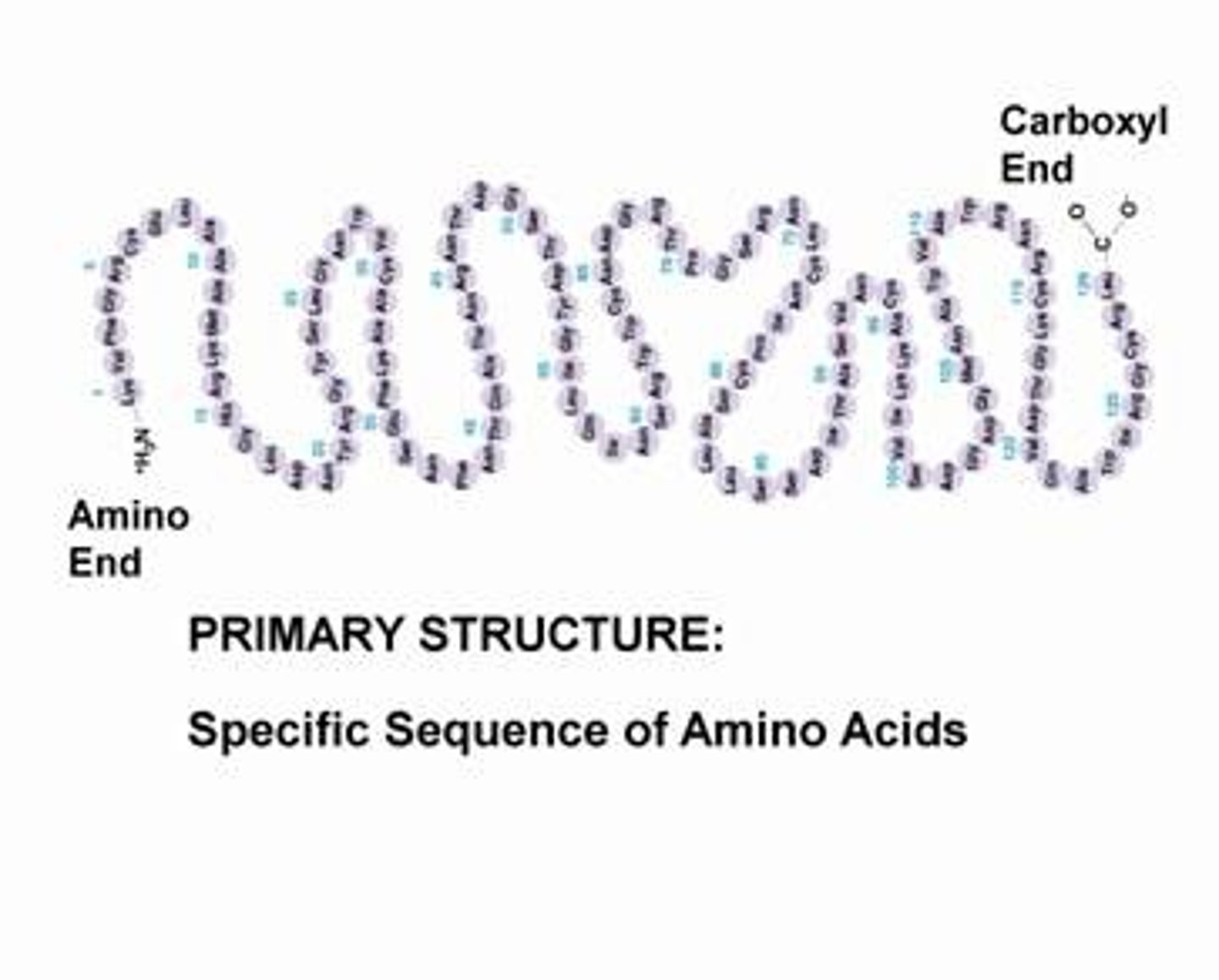
Digestion
Requires energy from respiration to break down large insoluble molecules into smaller soluble molecules
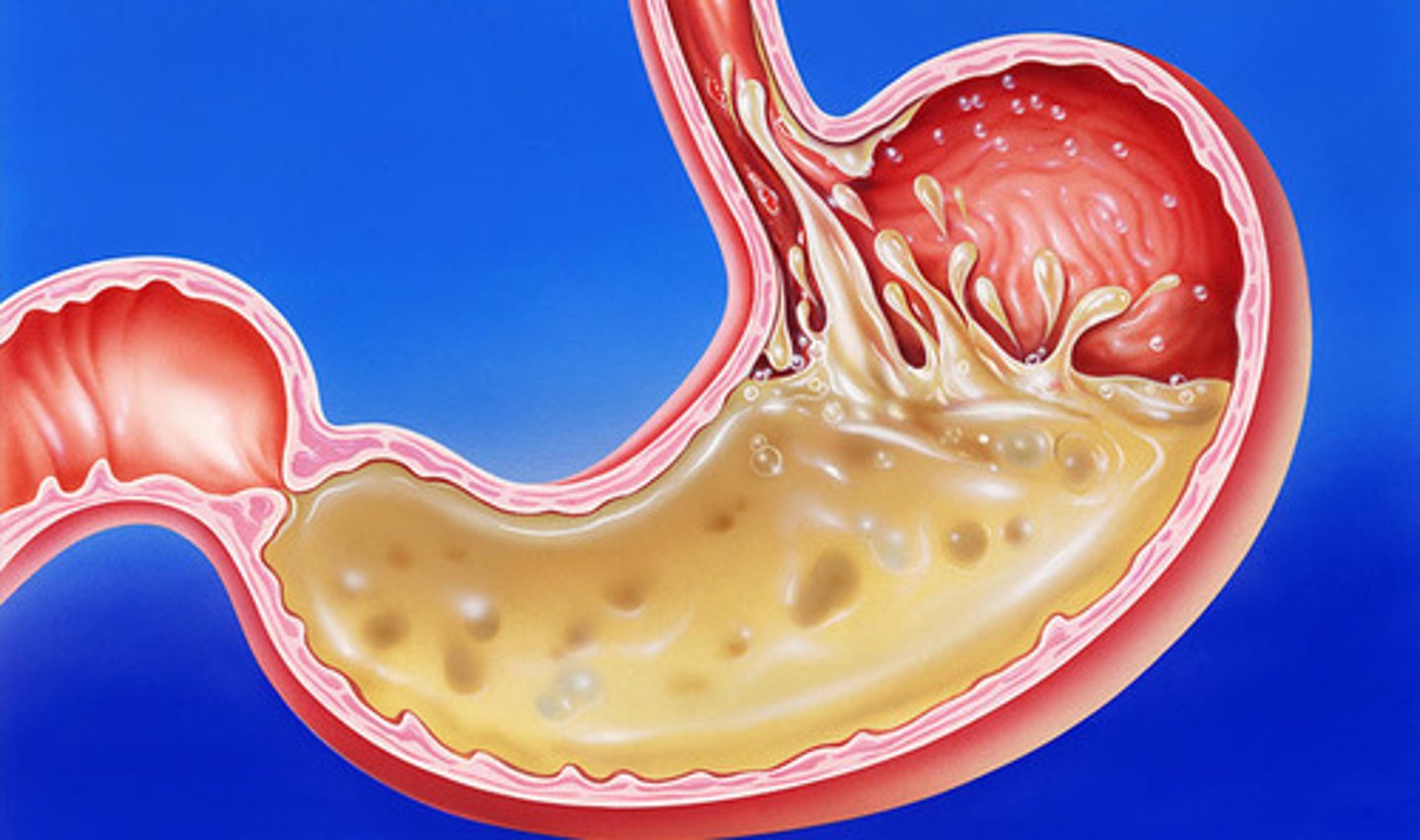
Carbohydrates
Provide energy for chemical reactions and can break down into sugars
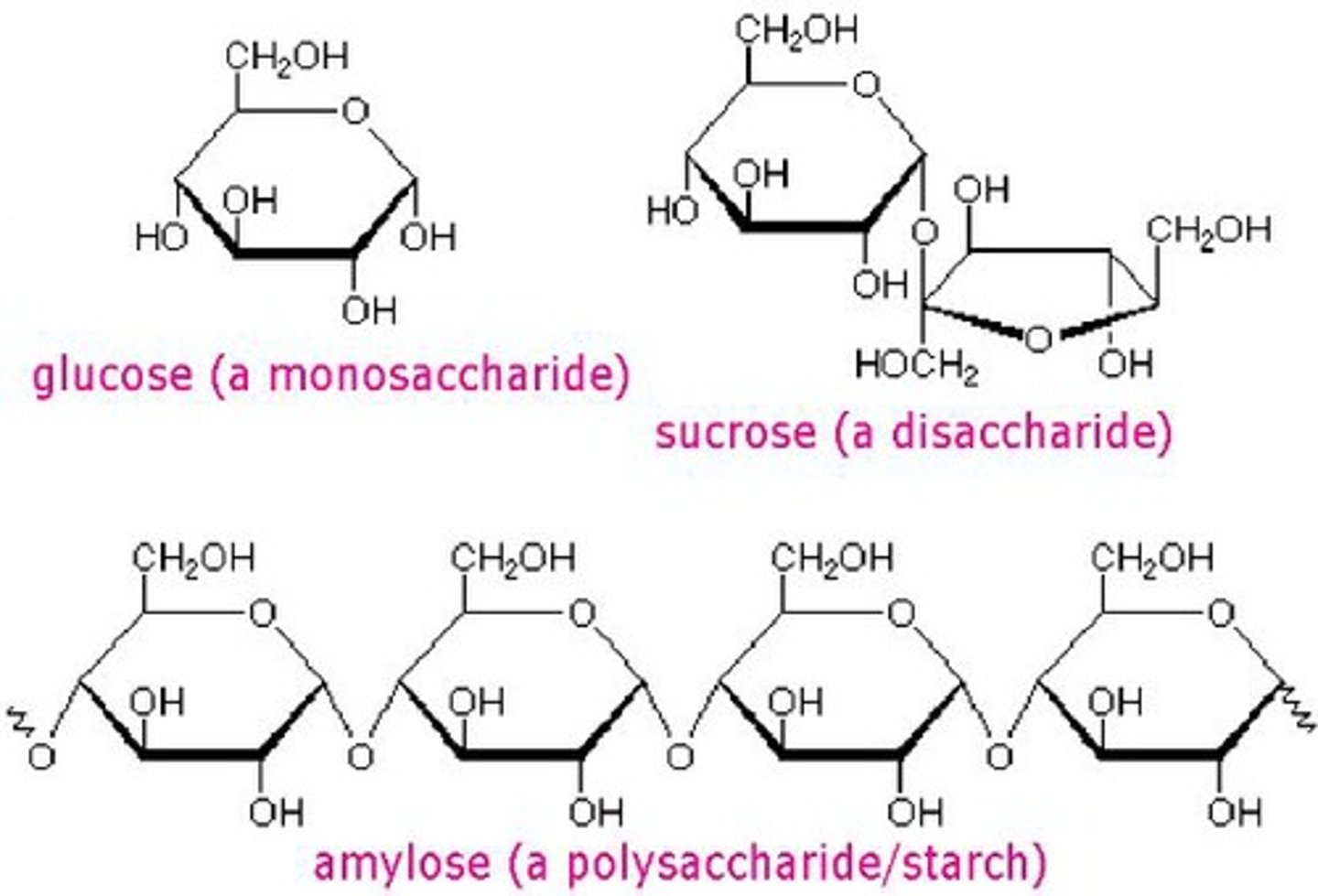
Simple sugars (carbohydrates)
The monomers of complex carbohydrates
Carbohydrate examples as simple sugars examples
Sugars, glucose and lactose that are sources of energy
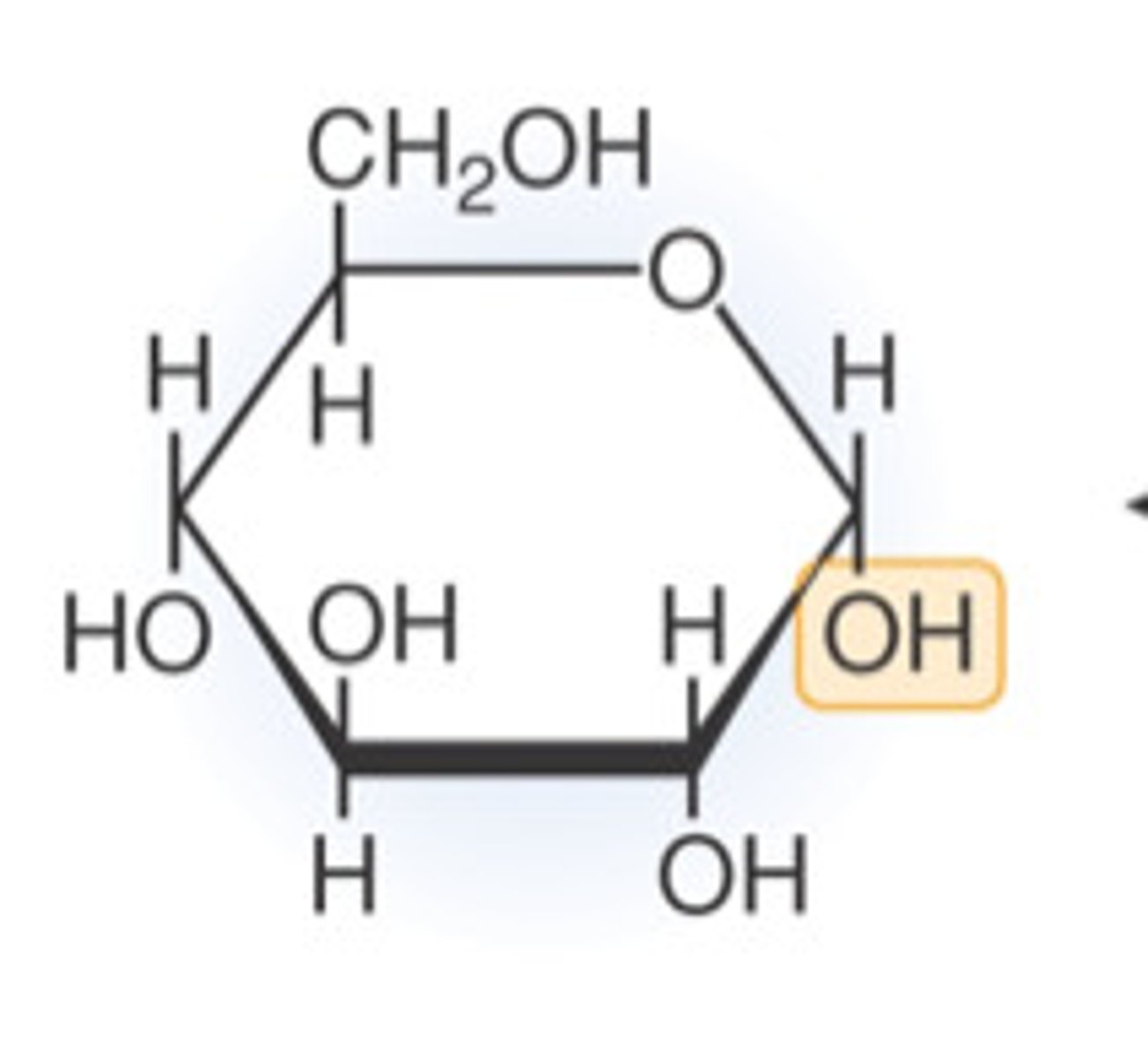
Complex carbohydrate examples
Cellulose, starch and glycogen that are referred to as storage molecules
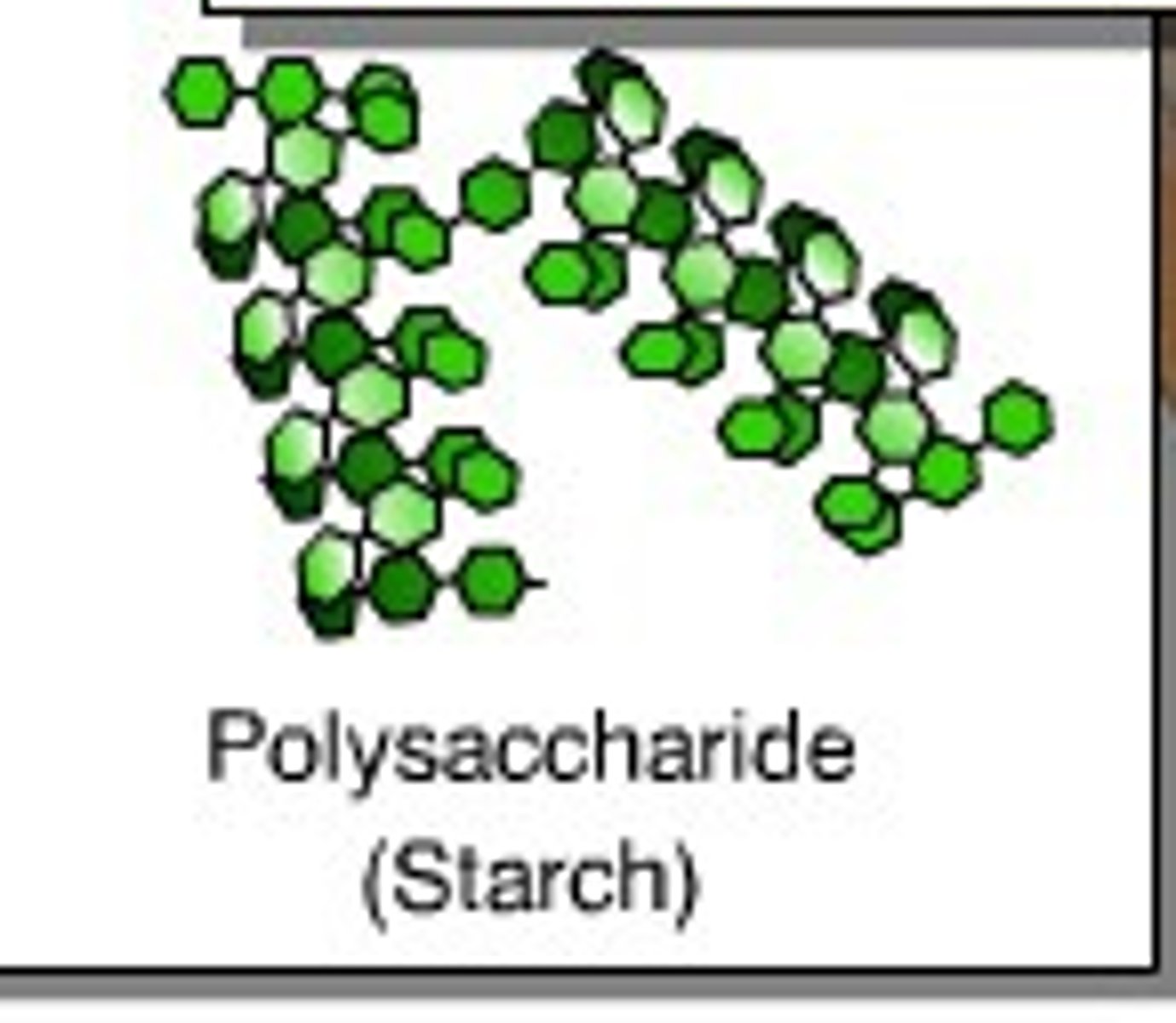
Proteins
The building blocks of cells and tissues that can break down into amino acids, structural and functional molecules in cells
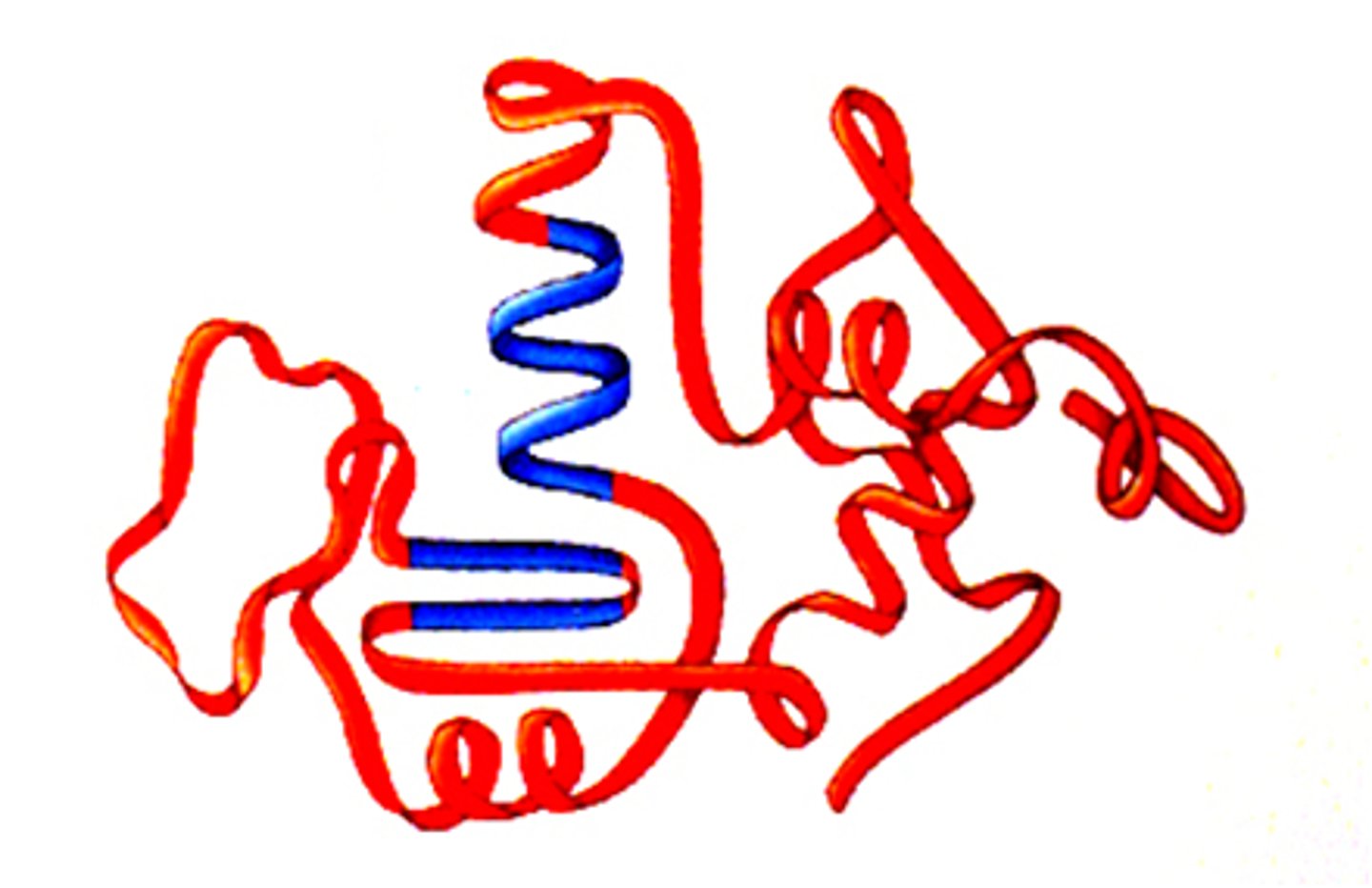
Amino acids
The monomers that make up proteins
Lipids
An energy store of fats and oils that can break down into glycerol and fatty acids, also referred to as storage molecules
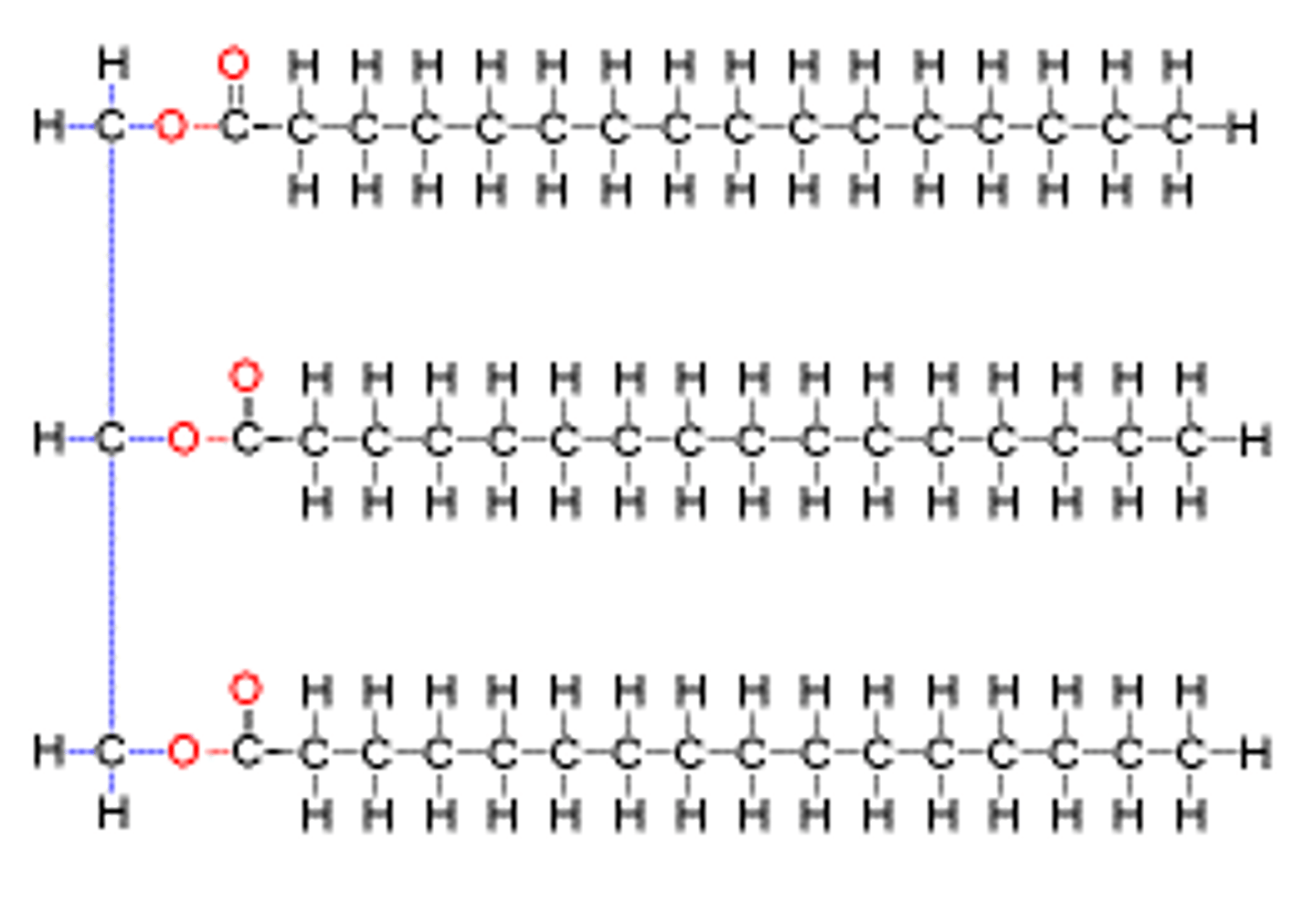
Glycerol and fatty acids
The monomers that make up lipids
Monomer
A simple compound whose molecules can join together to form polymers, such as glucose which can be used to make up a complex carbohydrate called glycogen
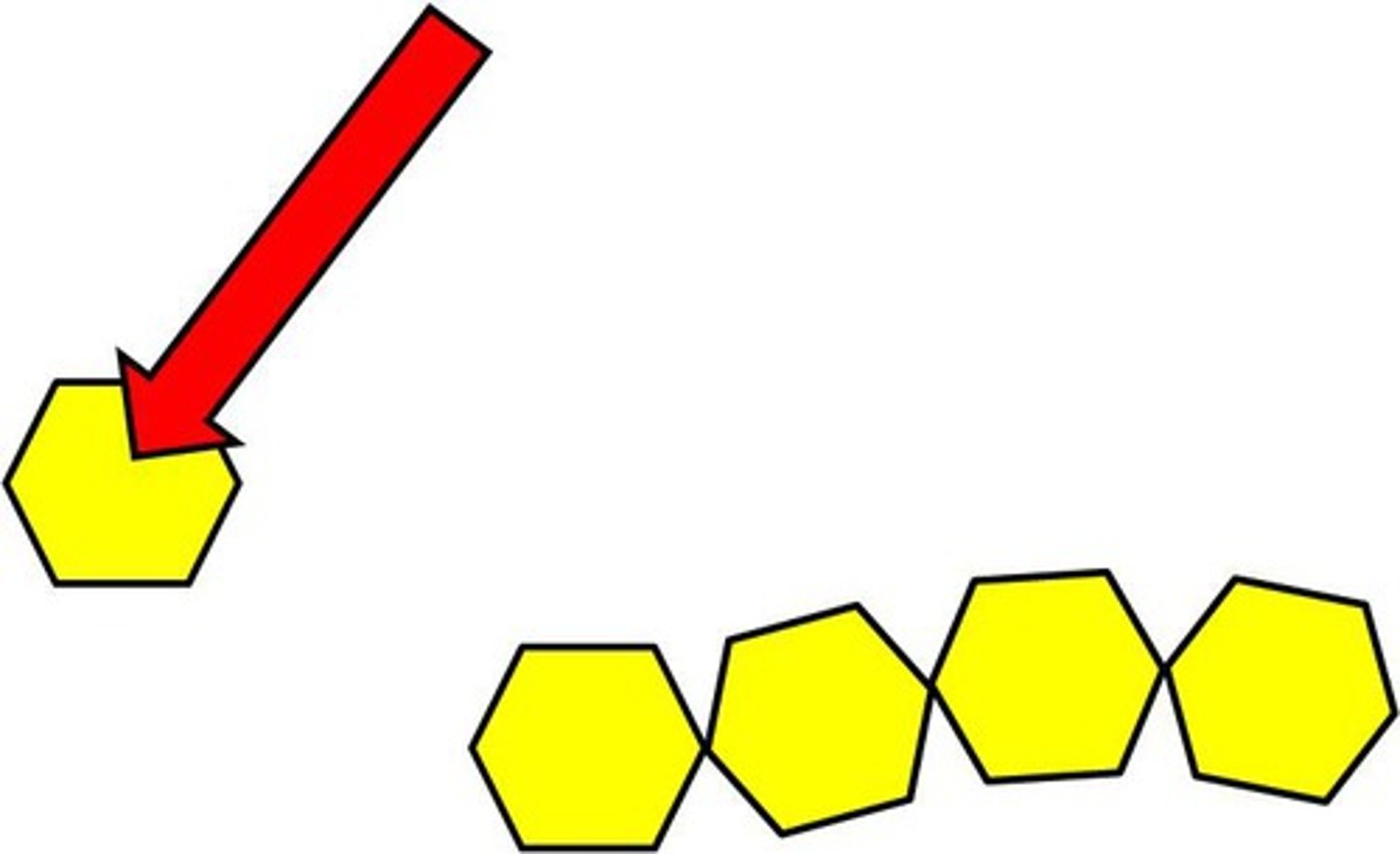
Polymer
A long molecule consisting of many similar or identical monomers linked together, such as glycogen which is made up of many glucose molecules
